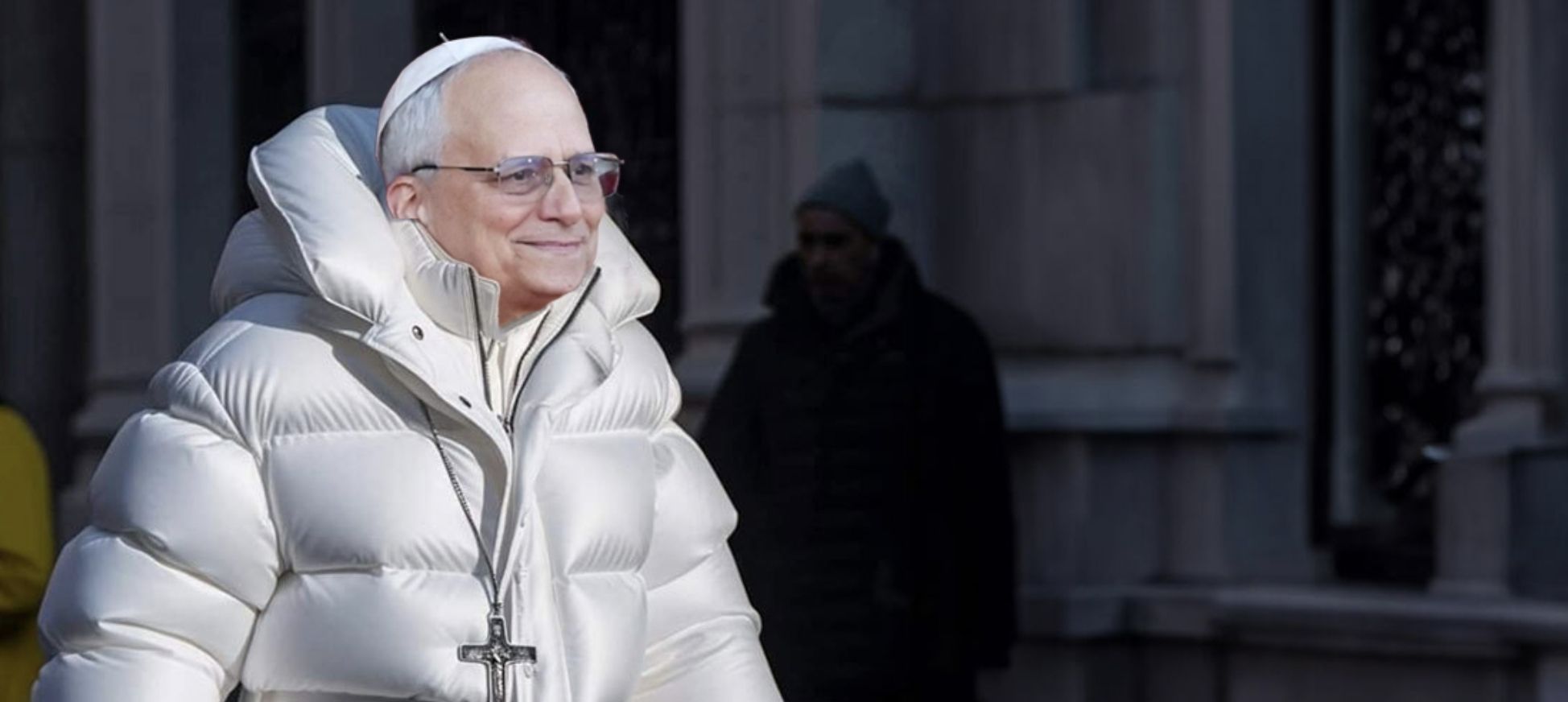The Rise of AI-Generated Deepfakes in the Catholic Church
The election of Pope Leo XIV has been accompanied by a surge in AI-generated deepfake videos, images, and messages purporting to be from the new pontiff. These fabrications have been circulating on platforms like YouTube and TikTok, presenting the Pope delivering messages he never actually said, sometimes even in his own voice. A particularly popular YouTube video titled ‘POPES WAKEUP URGENT CALL TO ALL TRUE CHRISTIANS || POPE LEO XIV SPEECH’ features a 42-minute AI-generated sermon warning of the end times. The video has garnered over 230,000 views and has been shared widely, despite clear labels indicating that the content is fake.
The Problem of Deception
The issue is not just the technology itself, but how it is being used to deceive people. Some Catholics have been misled by these videos, with one individual refusing to believe that a video was fake despite clear labels indicating so. The script behind these videos appears to be AI-generated as well, lacking specificity and substance. The rapid advancement of deepfake technology has made it increasingly difficult to distinguish between genuine and fake content.
The Vatican’s Response
The Vatican has been proactive in addressing the challenges posed by AI. In 2020, the Pontifical Academy for Life launched ‘The Rome Call for AI Ethics,’ a document endorsed by numerous organizations. The Call emphasizes the need for AI to be used for the betterment of humanity and warns against its use in exploiting vulnerable individuals. Earlier this year, the Dicastery for the Doctrine of the Faith published a note, Antiqua et nova, highlighting the importance of ethical guidance in AI development.
Pope Francis’s Warning
Pope Francis has also spoken out about the risks associated with AI. In his 2024 message for the World Day of Social Communications, he warned that ‘techno-scientific advances’ could pose a risk to humanity if not used responsibly. He emphasized the need for wisdom in navigating the digital landscape and for individuals to be mindful of the impact of their actions online.
Moving Forward
Pope Leo XIV has acknowledged the challenges posed by AI, calling for responsibility and discernment in its use. As we navigate this new digital landscape, it is essential for Catholics to develop greater media literacy and a healthy skepticism toward sensational content online. The issue of deepfakes is likely to continue, and it is crucial that we are vigilant and committed to truth in an increasingly complex digital age.



